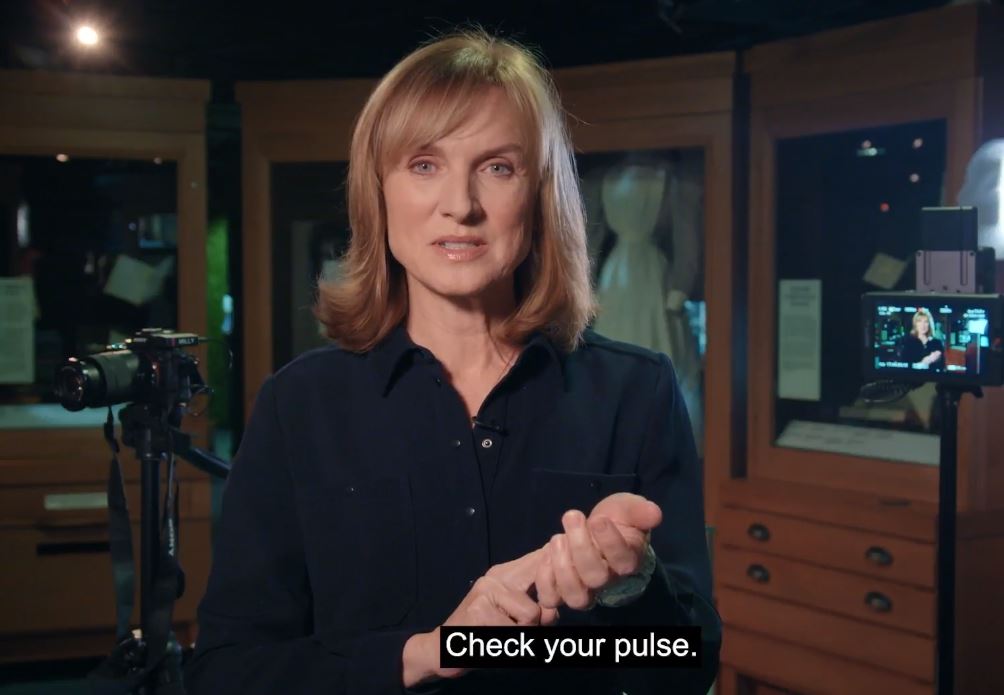In Scotland, over 70,000 people have a ‘silent killer’ which is one of the leading causes of serious strokes – and many more may be unaware that they have it.
Atrial fibrillation – or AF – is a cause in around one in five strokes and these are often more severe, with higher mortality and greater disability.
AF is when your heart beats with an irregular rhythm. When this happens, your heart won’t empty all of the blood out of its chambers with every beat. Then, if your heart chambers aren’t empty, the leftover blood can form clots which travel from your heart into the brain, blocking off blood flow and causing a stroke.
AF sometimes has symptoms including palpitations – feeling as if your heart is fluttering, thumping or skipping a beat – fatigue, feeling breathless or having chest pain. But often it’s symptomless, which is why it often goes undiagnosed, until it’s too late.
The good news is that AF can be picked up and treated after a simple check.
So, on Stroke Prevention Day, Thursday 25 January, we are encouraging the public to check their own pulse at home.
A video on our website shows how you can quickly and easily test yourself by placing two fingers on your wrist or neck www.stroke.org.uk/spd24.
Normal heart rate: your pulse should feel regular. Most people have a resting heart rate between 60 and 100 beats per minute (bpm).
Abnormal heart rate: your pulse may feel uneven or skip a beat. Your resting heart rate could be over 120 bpm.
If your pulse is irregular, or very fast when you are at rest, you should contact your GP.
This 60-second test could save your life.





